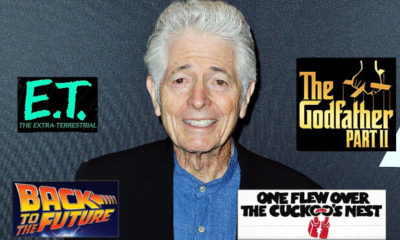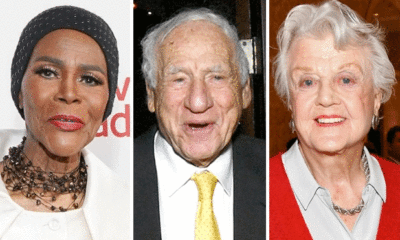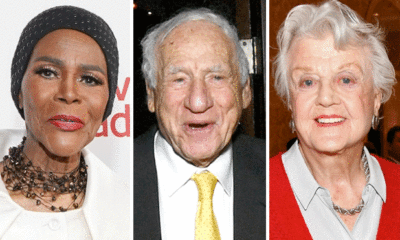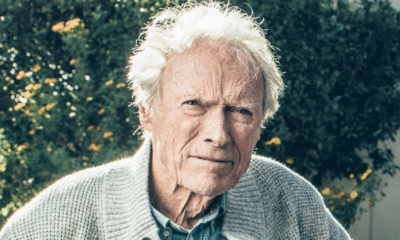After winning the Best Of NEXT audience award at the Sundance Film Festival in January, comedian Mike Birbiglia’s “Sleepwalk With Me” was so popular at the South By Southwest Film Festival in Austin, that organizers had to turn fans away at each of its screenings last week. Too bad for them: “Sleepwalk With Me,” Birbiglia’s directorial debut, is a charming bit of indie dramedy that manages to combine elements of “Annie Hall,” “Funny People,” and even “Goodfellas” into one heartfelt story about relationships and nocturnal activity.
Based on Birbiglia’s one-man, off-Broadway show — which also spawned a book, comedy album and segment on “This American Life” — “Sleepwalk With Me” follows Matt (Birbiglia), a struggling comic at a crossroads in life: his eight-year relationship with Abbie (Lauren Ambrose) is drifting into dead-shark territory, and his REM behavior disorder is getting more and more out of hand. Funny and filled with great character beats, “Sleepwalk With Me” is an assured debut from the 33-year-old comic, but its success didn’t happen overnight.
“We ended up leaving a situation where our script was owned by a company that didn’t really think it was done; that’s how they described it,” Birbiglia told Moviefone at SXSW. “‘It’s not done yet.’ We’re like, ‘No, no, it’s done.’ They’re like, ‘No, it’s not.’ We were in a little bit of a stalemate, because we’re the artists making it.”
Birbiglia and his co-writers — his brother, Joe, “This American Life” host Ira Glass, and stage veteran Seth Barrish — ended up getting together with Bedrock, a production company that the writer-director calls “extremely artist friendly.” That environment allowed Birbiglia and his collaborators to flourish, but the shoot wasn’t as effortless as the final product which appears onscreen.
The comic spoke to Moviefone about the ups and downs of the production, how his comedy background helped during the editing process, and why you should never say “I don’t know” on a film set.
How long were you working on the screenplay?
The screenplay took like two years to write. I have to say, part of the reason we ended up making it was, I was just antsy to make it. So much of my process is trial and error, so much of it is writing something in a day and often putting it on stage that night. So the Hollywood idea of like having 95 scripts in the bullpen — I don’t really want to be in the bullpen, it’s just not where I want to live my life. I want to be a starting pitcher and if i throw some bad games, I’ll learn from it and get better.
OK, well how do you reconcile that trial-and-error approach with directing a feature film, especially an independent one like this where you don’t have the luxury of time?
I made a lot of mistakes early on. The biggest thing I learned — and, whenever I say this, Jacob always points out, that I made this mistake for like, one day; it felt like 10 years that I was making this mistake — is that you can’t really say the phrase, “I don’t know” on a film set. In theater, it’s welcomed, it’s encouraged. “I don’t know” is an invitation to explore. Everybody asks questions like, “Yeah, what is that about?” On movie sets, you say “I don’t know” and everybody is grabbing coffee; they’re like, “Well, if he doesn’t know, it’s at least going to be another 40 minutes.” And then we’re not going to make our day, and then we’re going to be behind, and it’s going to cost us $ 30,000. That was a really hard thing to reconcile. A lot of my comedy and my personality is based on sort of comedic ambivalence [laughs], and my process is based on ambivalence. I think in a good way. But I had to learn that feature film process and, at certain points, I got hit pretty hard by the process. I was sleep deprived, I was up against a wall, and we were being kicked out of locations, and we were just trying to get the whole movie in the can.
I was so impressed with how you used voice over in the film — especially because it’s a technique that has such a high rate of failure.
I think the reason why it ultimately worked in the film is that it called upon my skills as a comedian, doing trial and error. So like, me and [editor] Geoffrey Richman would just be in the edit together and we’d say, “Well, what if it had voice over at this moment? What if it had voice over at that moment?” And we just pull out the microphone and we’d record it, just scratch audio, and we’d just drop it in. That’s a very strange thing, a very unusual luxury to have. To be like, “What about this? What about this?” The editing process was really fun because it’s not as pressure-filled as the production is, because if you go an hour long, you’re not going into penalties and overtime for a 40-person crew. You’re not being kicked out of your location. There were a lot of late nights and kind of “What if, what if, what if?” which was really good for the film, because it played to my strengths, and me and Seth and Ira’s strengths.
Another thing that really stood out: your performance. You’re ostensibly playing yourself — which is hard in itself — and you had to balance acting with your duties as a first-time filmmaker. Not the easiest of tasks, I imagine.
Pretty early on in the process I brought on Seth [Barrish] who directed plays, my one-man show. He’s a real kind of acting guru. He wrote a book about acting, he’s an artistic director of a theater company in New York called the Barrow Group, so he teaches acting. I really wanted him to guide my performance and really just keep an eye on it. He and I worked together for a long time, we know how each other works and thinks really well. So, my fear during the film and editing the film was not that I would mess up colossally, but that I would mess up in small, key places which would have a ripple effect on the film. Moments where you really have to bring it as an actor to make people believe they’re experiencing this with you. If not, you’re just setting yourself up for people just jumping on your performance. Like, “This is ridiculous! This guy should have gotten another actor!” [Laughs] That kind of thing. So, Seth was extraordinary in that way.
It really feels like a team effort. How do you feel about the finished film?
It just feels like we created thing thing that even we don’t fully quite understand. Everyone else sees the film as this movie that’s happening, and whenever I look at the screen, I see the production designer. I see the costume designer. I see the make-up artist. It actually stresses me out to look at the screen [laughs], because there’s just so much happening in every frame that is part of this massive team that put his movie together.
There’s something about movies where there’s so many artistic elements that are occurring simultaneously that you can’t even fully wrap your brain around what it is that’s connecting with audience. All you can do is try to connect with the audience, and then at a certain point you go, “Well, I hope this works.”
IFC picked up “Sleepwalk With Me” for distribution. Look for it in theaters this year.
Related on HuffPost:
Contribute to this Story:



 Movies News4 years ago
Movies News4 years ago
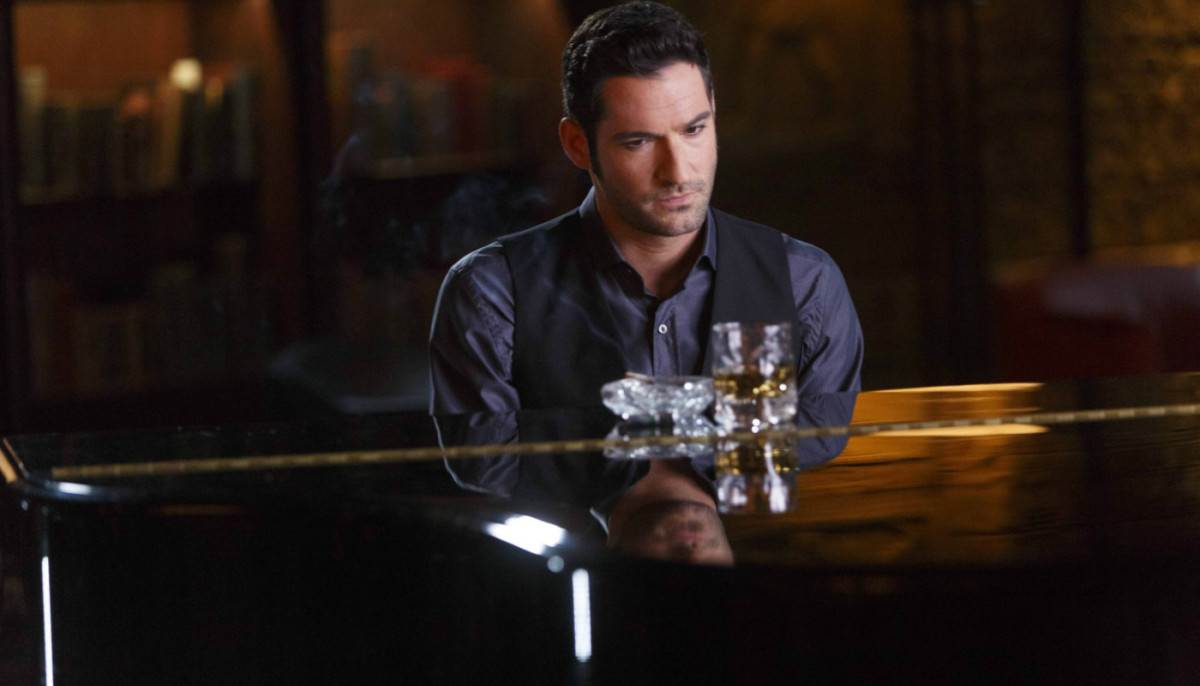

 Celebrities8 years ago
Celebrities8 years ago


 Movies News8 years ago
Movies News8 years ago
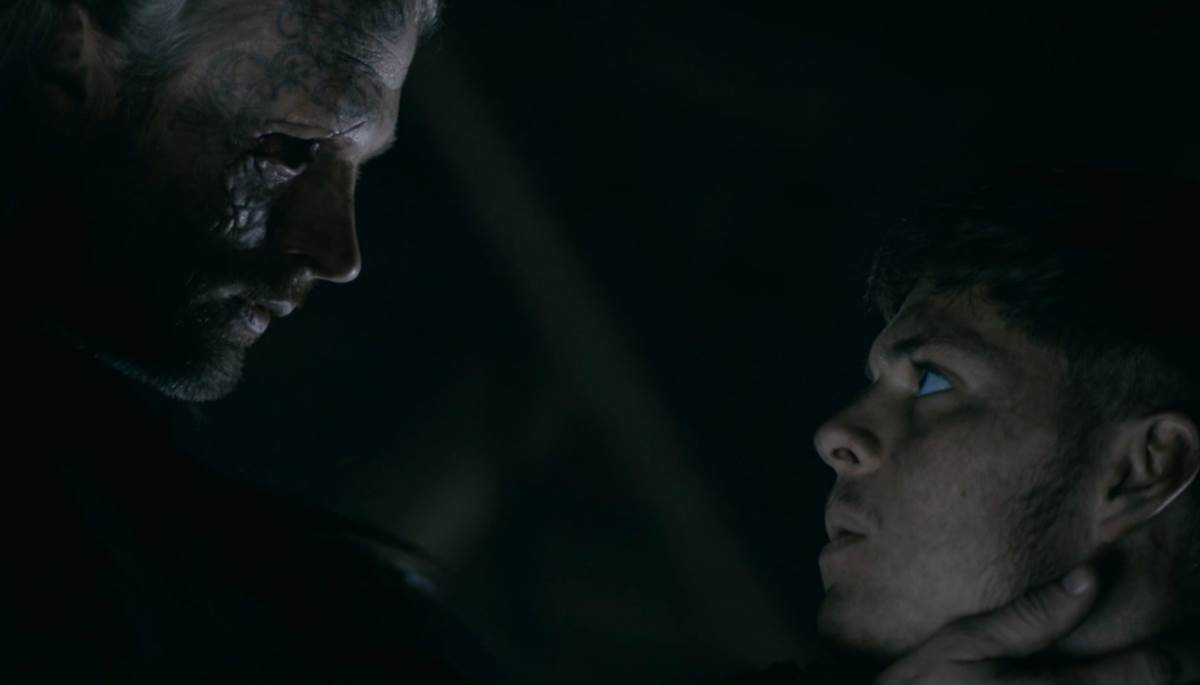

 Celebrities7 years ago
Celebrities7 years ago
